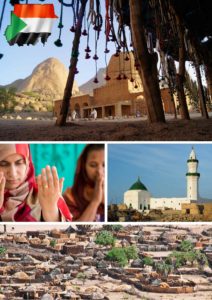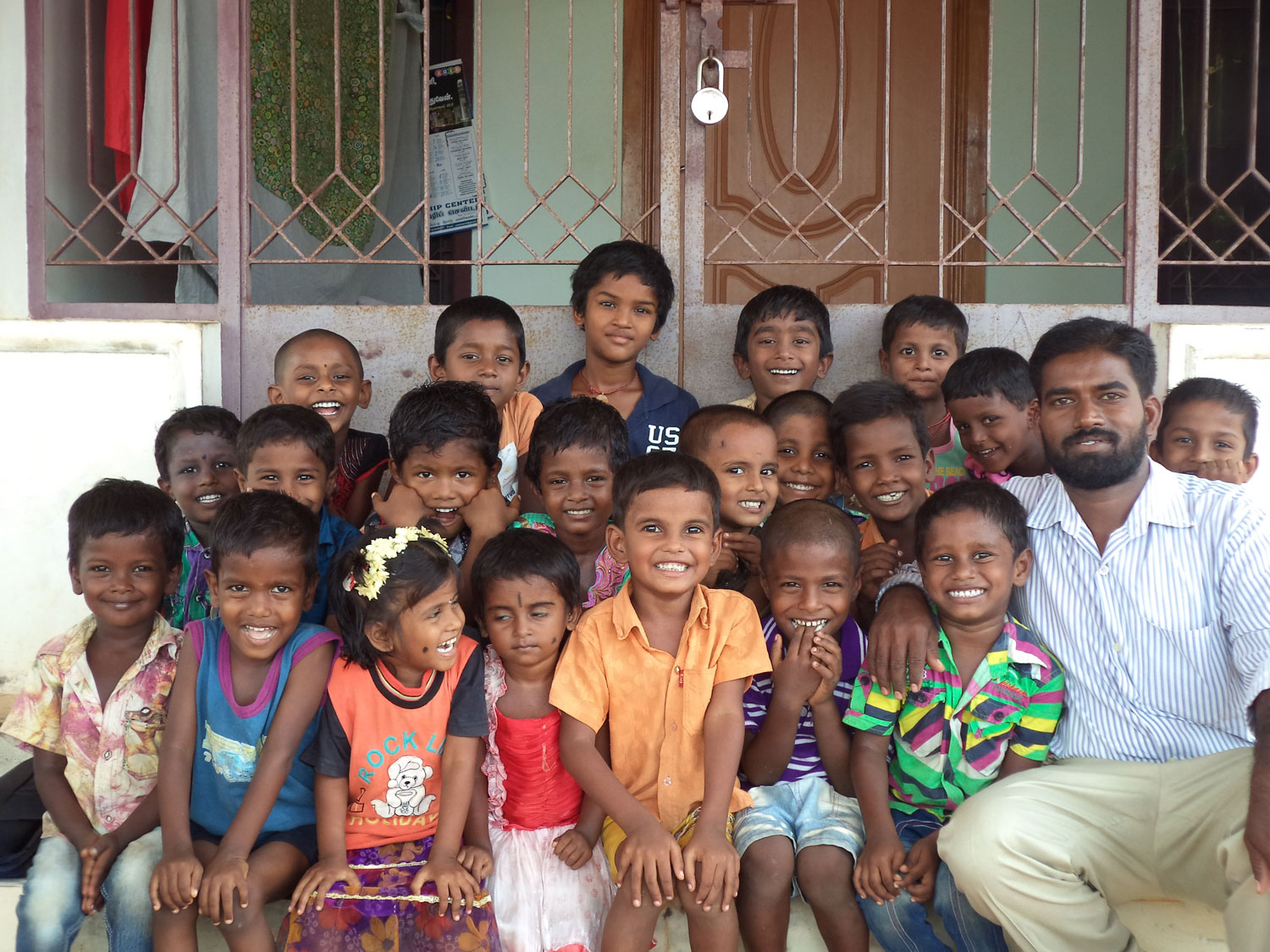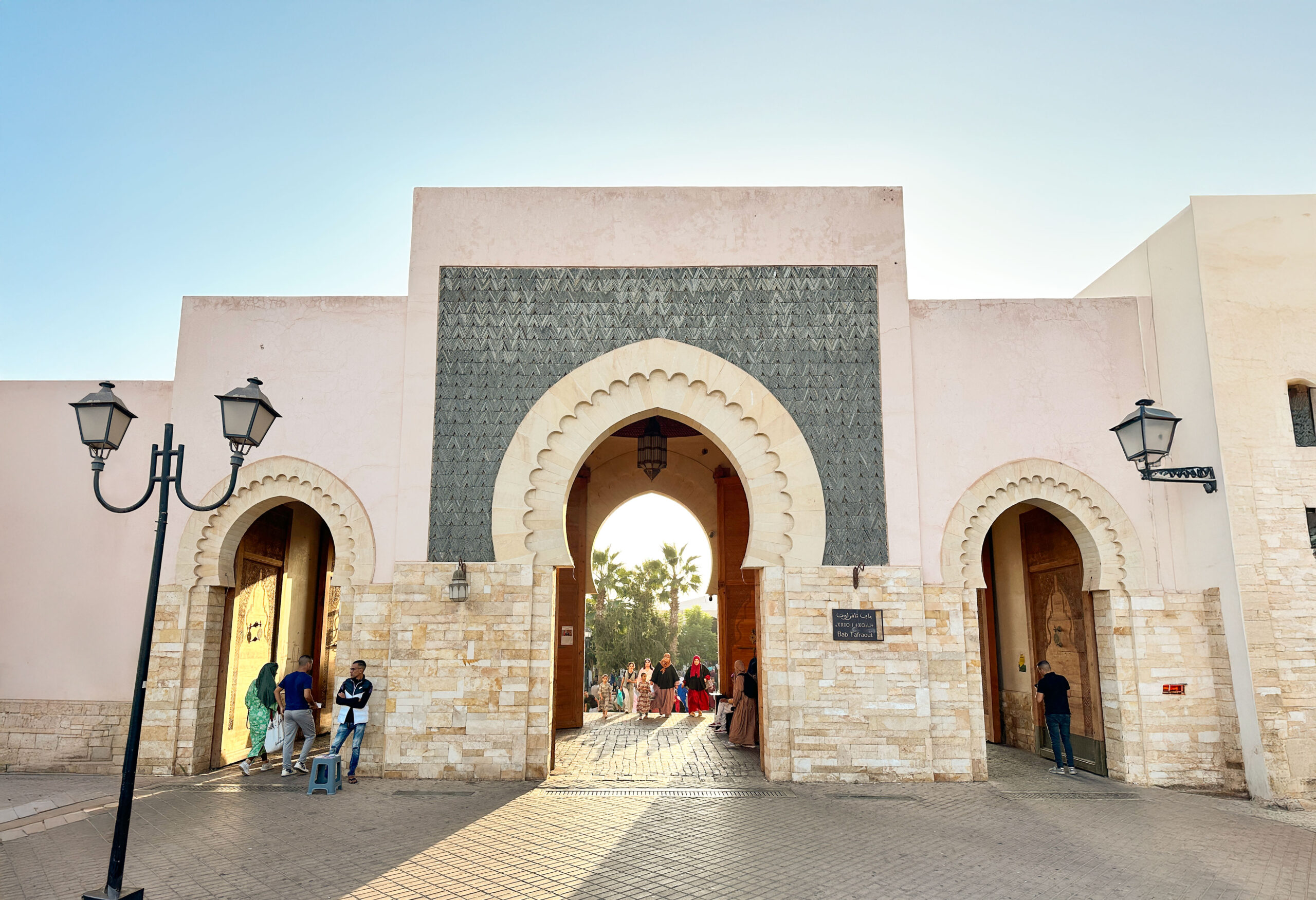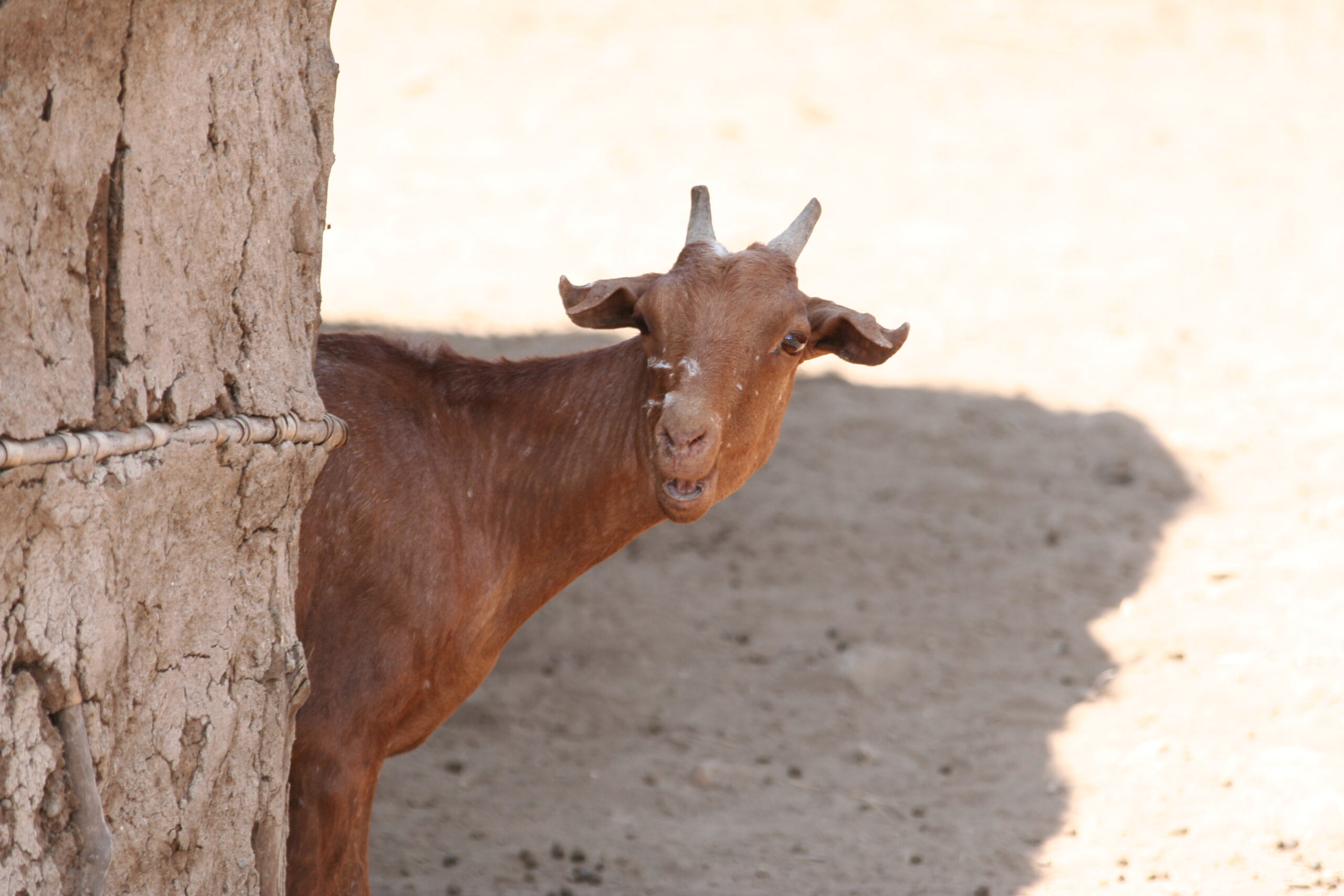Our co-worker couple, Brother Salman and Sister Maryam, lovingly devote themselves to caring for the poorest of the poor in the northern Indian state of Uttar Pradesh. They visit villages where there is neither electricity nor running water. Many children do not attend school. Through their work, many people receive hope and hear about Jesus, the Saviour of the world.
God at Work in Sudan
Sudan is the third-largest country in Africa is situated on the northeastern side of the continent. The name Sudan translates to: “the land of the blacks” in Arabic. The river Nile runs from the north to the south while the white Nile and the Blue Nile merge at Khartoum, the capital city. The red sea washes about 550 miles off the eastern coast making Sudan a bridge between Africa and the Middle East. Arabic and English are the official languages and the Sudanese pound the official currency.
Land of dese rt sand and pyramids with the tombs of the black pharaohs and the kingdom of Kush. Northern Sudan used to supply black slaves to Egypt and Turkey. Islam came to Sudan – through a merchant class of Arab settlers. They established themselves as economically dominant and Islam penetrated the area over a long period of time through intermarriage and contracts. Sudan gained independence from Britain in 1956. Since then Muslims have dominated national government institutions.
rt sand and pyramids with the tombs of the black pharaohs and the kingdom of Kush. Northern Sudan used to supply black slaves to Egypt and Turkey. Islam came to Sudan – through a merchant class of Arab settlers. They established themselves as economically dominant and Islam penetrated the area over a long period of time through intermarriage and contracts. Sudan gained independence from Britain in 1956. Since then Muslims have dominated national government institutions.
Christianity had been introduced into Sudan around AD 640 and they form a very small minority in the north. British missionaries brought Christianity to the south. Northern Sudan, lying between the Egyptian border and Khartoum, has two distinct parts, the desert and the Nile valley. To the east of the Nile lies the Nubian desert, to the west the Libyan desert. They are similar – stony with sandy dunes drifting over the landscape. To the south, you will find the world’s largest swamp; formed by the White Nile’s “barrier” (All-Sudd) in the lowland region of central South Sudan. It is 320km wide and 400km long.
What about the people in Sudan?
Political oppression of a nation that wants to be free causes rebellion. Civil wars and intense internal conflict have contributed to the fact that the country is underdeveloped and poor. The poverty caused by corruption in the government lets the normal civilians long for the comforts of sufficient medical care, food and security. There is a basic lack of freedom and respect for human rights. Laws that are often not clear and political uprisings and revolutions have made Sudan look like a four-legged animal standing on broken legs. The men and especially the women and children desperately long to be safe. While teenagers already sometimes are held to carry guns, children, while playing innocently in the fields, may step on land mines. Traditional family businesses are unser serious threat of closure as the oil resources have attracted the Chinese people whose attention now has shifted to the business domain as well.
Land of sand, pain and promise
Call of hope; seed of truth; the perfect solace.
For over 40 years, Call of Hope has been committed to sharing the good news of Jesus Christ with the Sudanese people. Because this is very difficult in a strictly Islamic Sharia state, our frontline workers in Sudan have to be creative and are in need of a lot of prayers, support, and the special protection of God. Despite all the difficulties, they experience time and again that God opens doors, even where no one would have thought it possible! Our employee’s experience that the Muslims living in Sudan are hungry – not only for food, of which they often have very little but above all else for God’s love.
The work of Call of Hope despite the difficult circumstances in Sudan continues as our local employees and their many volunteer helpers find a variety of opportunities to pass on the message of Jesus to the Muslims in Sudan:
*Outreaches to distribute evangelistic literature;
*Humanitarian aid for refugees in refugee camps, e.g. in Darfur;
*Evangelistic film and music evenings in rural areas;
*Home, hospital, and prison visits with volunteer teams and *Seminars and training courses for believers and pastors.




